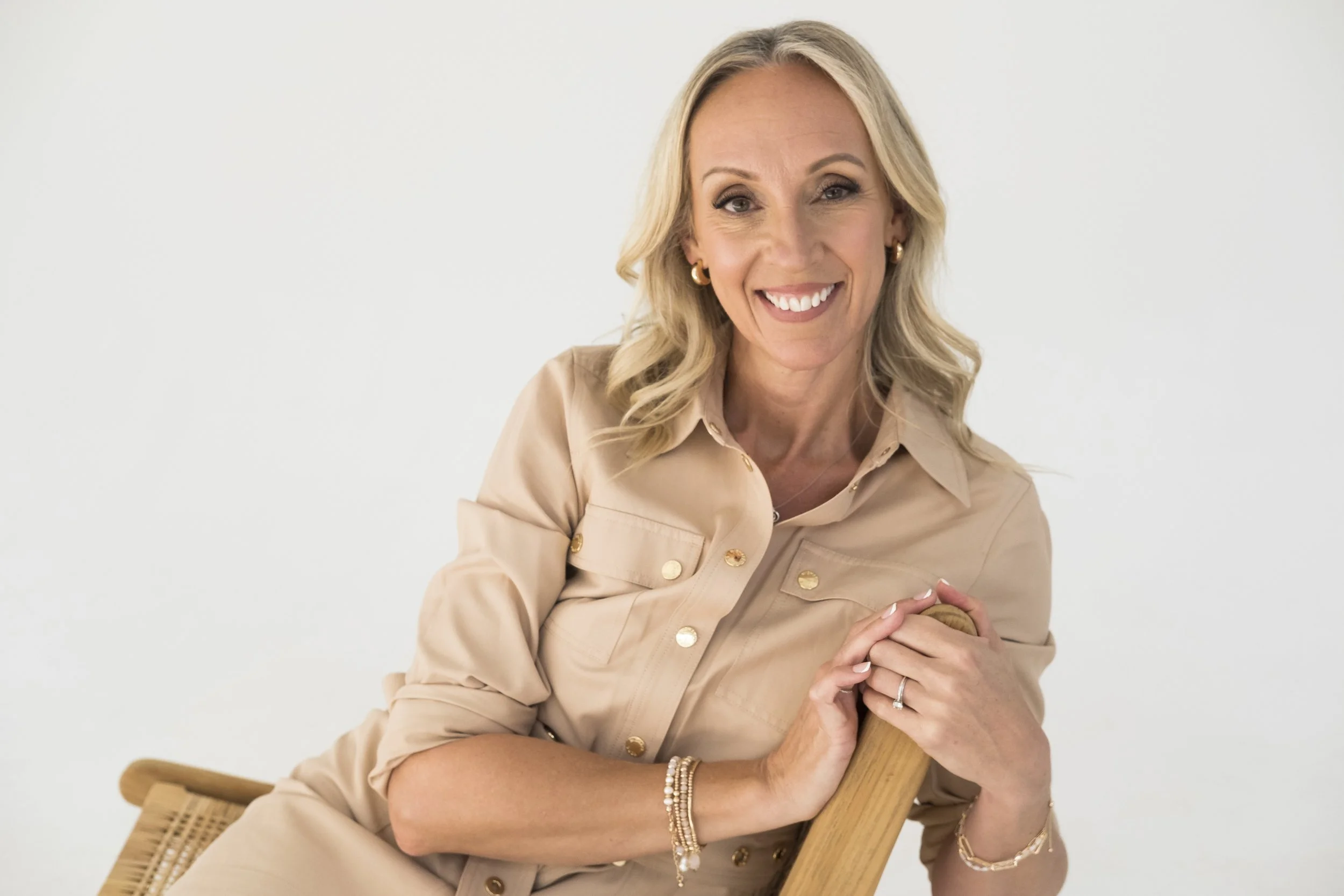
Counselling for Couples
The definition of insanity is doing the same things over and over and expecting different results. Learn what ACTUALLY Works to have the healthy and happy relationship you want
I use Gottman Method Couples Therapy to strengthen & improve relationships. I also support those who've made the difficult decision to separate to do so in a way that is respectful, kind and strives to impart minimal damage to each other and/or children. I have experience working with men to support them in fostering and maintaining healthy relationships.
Couples counselling is appropriate for anyone who wants to improve their intimate interpersonal relationships. Whether you are single and preparing yourself for partnership, newly dating, engaged, married, separated or divorced - Couples counselling can help with the issues and challenges often faced in partnerships.
Relationships don’t have to be so hard. FINALLY someone is sharing the RIGHT way for couples to handle their issues.
We don’t learn this stuff in school…. and these are LIFE SKILLS. The interventions taught through the Gottman Method Couples Counselling not only benefit our romantic relationships, but ALL relationships. We learn how to be better communicators, how to handle conflict and how to maintain the number one indicator of success for a relationship - the strength of the FRIENDSHIP.
Some things that may surprise you:
that conflict is NORMAL and that there’s a right way to do it.
that we can communicate with each other in ways that can leave us feeling understood, cared for, and more connected to our partner.
that we can REPAIR ruptures to build trust and a more secure attachment in our relationships.
how therapy works
-
Let's introduce ourselves and chat about therapy, your goals, and how I can help.
-
Our first meeting will allow me to learn more about you and what brings you to therapy at this time in your life. Our initial intake and assessment meeting gives me the information to come up with a plan for supporting you in attaining your goals.
-
The "Magic Question" I will ask you helps to identify and define your goals for our work together. If this work is successful, what will change for you? How will you think, feel and act differently? Sometimes we aren't sure what we want! If that's the case, then we look to what you don't want. The best way to get what you want is to know what you want. If you don't know then the next best thing is figuring out what you don't.
-
Therapy is one of many effective self-care practices for our optimal health and well-being. In the beginning clients will often attend more frequently and then often continue on regularly as maintenance (weekly, bi-weekly or monthly). Other clients book their appointments when needed in moments of challenge or crisis. It's not uncommon for clients to attend appointments even years apart. It can be comforting if you find a person you trust and have a good working relationship with who knows you and your history to return to when needed.
questions you may have
-
Here are some signs that Couples Therapy might be right for you and your partner:
Communication Issues: If you find it difficult to communicate effectively, leading to misunderstandings or conflicts.
Frequent Conflict: Regular arguments or unresolved conflicts can indicate that outside help may be needed to navigate underlying issues.
Loss of Connection: If you feel emotionally distant from your partner or that you’ve grown apart over time.
Major Life Changes: Adjusting to significant events, such as a marriage, divorce, having children, or job changes, can be stressful and might benefit from therapy.
Trust Issues: If there has been infidelity or breaches of trust that need to be addressed.
Recurring Patterns: Experiencing the same issues repeatedly without resolution can signal the need for guidance.
Desire for Improvement: If both partners are motivated to strengthen the relationship and seek constructive ways to grow together.
If you’re considering couples therapy, it may be helpful to have an open conversation with your partner about your feelings and explore the idea together. An initial session with a therapist can also provide insights into whether couples therapy is a good fit for both of you.
-
The frequency and duration of therapy will depend on several factors, including your needs and the issues you're working on.
In Gottman Method Couples therapy, we call it "Front Loaded" therapy in that you meet with me more frequently at the beginning - possibly multiple times a week so that you can quickly move through the assessment and intake sessions and begin to learn the tools to help support the changes and goals you are seeking as soon as possible.
Once you have the tools and gain confidence using them, the idea is that you will need me less and can see me for as needed for maintenance, support with a particularly challenging situation or when a new issue comes up that hasn't previously been addressed.
Once I have met you and learned of your goals through our intake session, I can better determine a treatment plan which will include recommendations for frequency of sessions.
-
I am happy to make recommendations for alternative forms of support other than therapy, depending on your particular situation. Please don't hesitate to reach out and I will gladly share resources, or make referrals to other service providers that may be helpful as an alternative to therapy.
If you are in danger please call 9-1-1 or visit your local emergency department. You can also access these resources for support in the meantime:
Peel Crisis Line - If you are in a mental health crisis, we can help. Open 24 hours a day, 7 days a week.
Call us anytime:
905-278-9036
1-888-811-2222For children and Youth:
Kid’s Help Phone - Call 1-800-668-6868 (toll-free) or text CONNECT to 686868. Available 24 hours a day, 7 days a week to Canadians aged 5 to 29 who want confidential and anonymous care from trained responders.
For even more great resources visit the Canadian Mental Health Services Website here.
If you have a question that I haven’t answered yet, please reach out!

